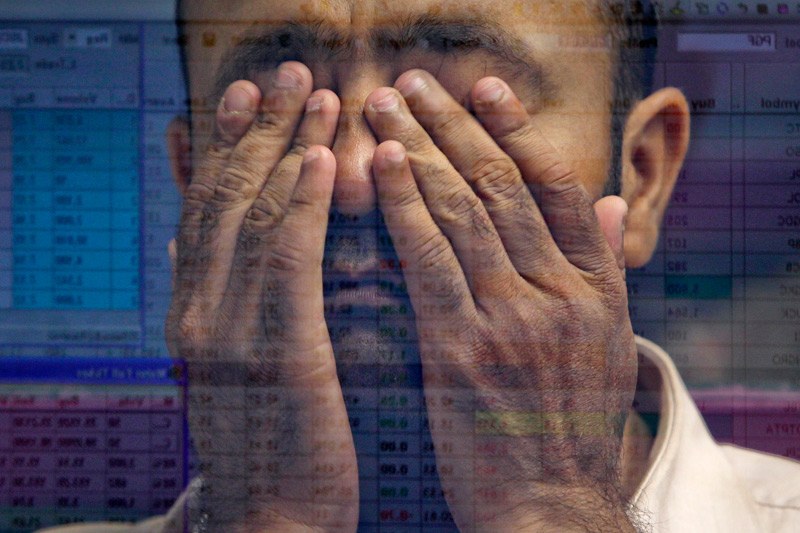This post was originally published on this site

Investing.com– Most Asian stock markets sank on Wednesday amid growing fears of more monetary policy tightening by the Fed, while weaker-than-expected Chinese trade data also weighed on sentiment.
Tech-heavy Taiwan and Hong Kong stocks were the worst performers in the region, losing 1.6% and 1.8%, respectively, amid jitters over rising U.S. interest rates.
Japan’s Nikkei 225 fell 0.5%, while South Korea’s KOSPI also fell 1.8%.
Sentiment towards Asian markets was dented by Chinese trade data, which came in significantly below expectations for August. China’s trade surplus fell sharply from the prior month, with both exports and imports seeing large contractions.
The reading comes as new COVID-related disruptions and an energy shortage weighed heavily on economic activity over the past month.
However, Chinese stocks bucked the trend on Wednesday, as investors bet on more stimulus measures by the government to support growth. Both the blue-chip Shanghai Shenzhen CSI 300 and the Shanghai Composite indexes traded flat.
Beijing recently said it will ramp up its stimulus spending in the third quarter, to boost an economy that barely expanded in the three months to June.
Weakness in China bodes poorly for the Asian economies that depend on the country as a trading partner. Countries such as Taiwan, Australia, Indonesia, and Singapore look to China as a major export destination.
Australian stocks slumped 1.5%, with major miners BHP Group Ltd (ASX:BHP) and Rio Tinto Ltd (ASX:RIO) weighing the most on the S&P/ASX 200. The two depend heavily on China as a market for their iron ore and copper exports.
Data on Wednesday also showed that Australia’s economy grew slightly less than expected in the second quarter, amid pressure from rising inflation and interest rates.
Broader Asian stocks were also pressured by a jump in the U.S. dollar and Treasury yields, after data overnight showed stronger-than-expected growth in the U.S. services sector.
The reading indicates some strength in the U.S. economy, giving the Federal Reserve more space to keep raising interest rates at a fast pace.
Traders are now pricing in an over 70% chance that the Fed will hike rates by 75 basis points in September.

